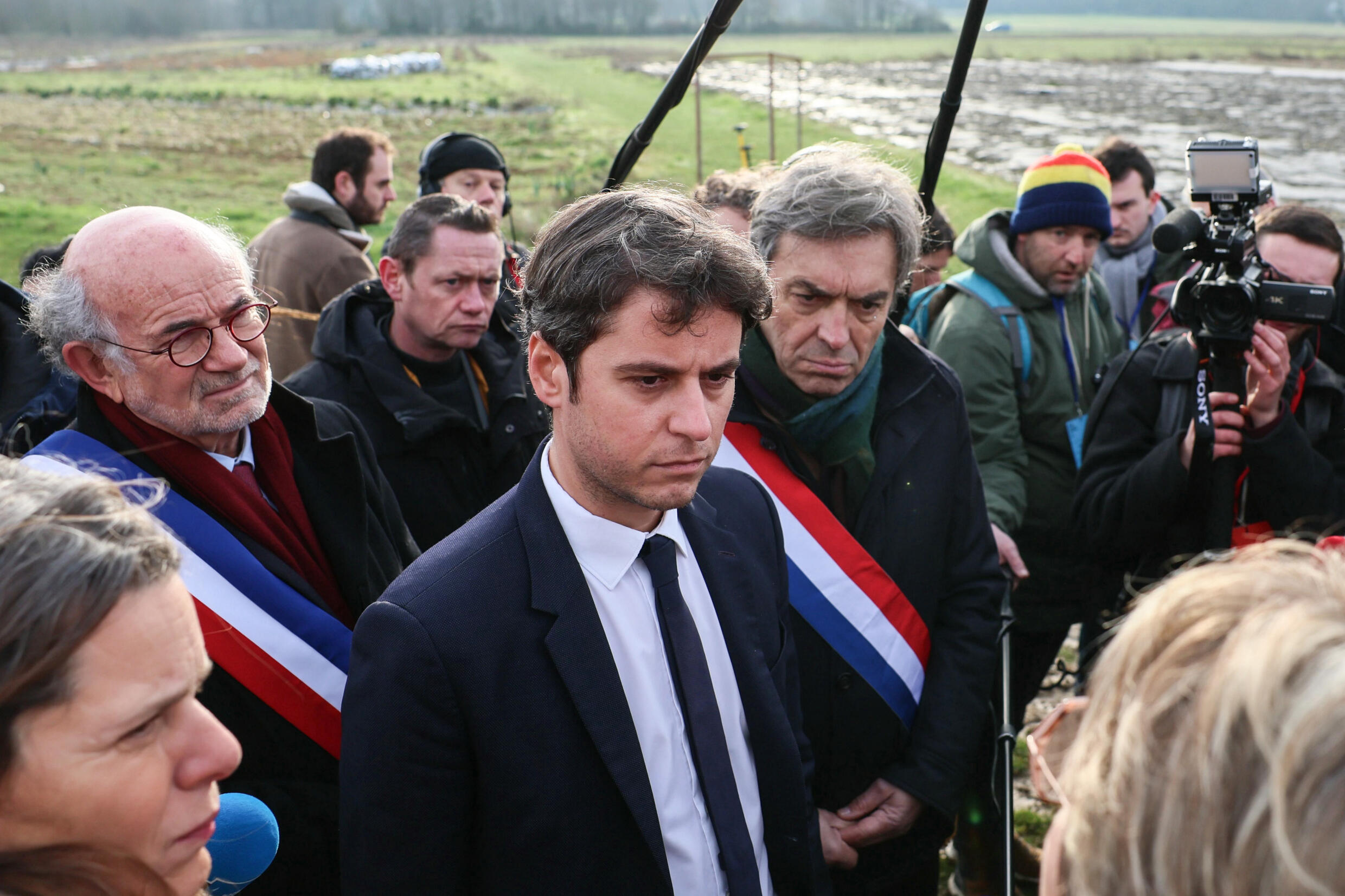
PARIS, Jan 29, 2024 (BSS/AFP) - French farmers will launch an indefinite
"siege" of Paris beginning Monday, choking off major highways and moving
toward the capital as they demand better working conditions.
For days, nationwide protests have flared in Europe's largest agriculture
producer, with farmers angered in part by red tape and environmental policies
they say are hurting their bottom lines and rendering them unable to compete
with less stringent neighbours.
Across France, farmers have used tractors and trucks to block roads and jam
traffic. They plan to step up their pressure campaign by establishing eight
chokepoints along the major arteries to Paris on Monday afternoon.
The government plans to mobilise 15,000 police and paramilitary gendarmes in
response, with the forces told to show "moderation".
"We don't intend to allow government buildings, or tax collection buildings,
or grocery stores to be damaged or trucks transporting foreign produce to be
stopped. Obviously, that is unacceptable," French Interior Minister Gerald
Darmanin said ahead of the planned siege.
He said President Emmanuel Macron had instructed the security operation to
ensure both Roissy-Charles de Gaulle airport to the north and Orly to the
south remain open, and the Rungis international wholesale food market south
of Paris continues to operate.
Police and gendarmes are also under orders to prevent any incursion into
Paris itself, said Darmanin.
The government has been trying to keep discontent among farmers from
spreading ahead of European Parliament elections later this year, which are
being seen as a key test for Macron's government.
During a visit to a farm on Sunday, Prime Minister Gabriel Attal scrambled to
address farmers' concerns, after a raft of concessions announced Friday
failed to defuse the crisis.
"I want us to clarify things and see what extra measures we can take" to meet
farmers' complaints that they face unfair competition, he said.
Attal agreed it was not right that French farmers were forbidden by
environmental regulations from using certain products that neighbouring
countries, such as Italy, still had the right to use.
Farmers have described being "fed-up" with their conditions, including
falling wages, low pensions and mountains of red tape.
- 'Change the software' -
Arnaud Rousseau, leader of one of the main farmers' unions, FNSEA, said on
Sunday that his members expect much more from the government.
"What we need are decisions that we think are going to change the software,"
he told farmers as he visited a group blocking the A16 motorway north of
Paris.
Although some roadblocks were lifted over the weekend, many motorways across
France were still barred on Sunday.
The same day, two activists hurled soup at the glass protecting the Mona Lisa
painting at the Louvre Museum in a stunt to call attention to the agriculture
industry.
"What is more important? Art or the right to healthy and sustainable food,"
the activists asked, standing in front of the painting and speaking in turn.
"Your agricultural system is sick. Our farmers are dying at work," they said,
before security cleared the room.
FNSEA and the Jeunes Agricultueurs (Young Farmers) plan to start their siege
of Paris around 2 pm (1300 GMT) on Monday.
Further south, officials in the city of Lyon said they were expecting farmers
to also stage roadblock protests.
- Belgian farmers mobilise -
In neighbouring Belgium, farmers have stepped up their own campaign, blocking
a key motorway on Sunday as they too demand better conditions.
Dozens of tractors drove at a crawl through an interchange, halting traffic
on the E42 motorway just north of Namur in the south of the country.
Farmers protesting outside a Belgian football stadium also delayed a match
between Racing Genk and Sint-Truiden by 30 minutes.
The grievances of the Belgian farmers are similar to those of their French
colleagues.
It has become "impossible to earn a decent wage," said Pierre d'Hulst,
spokesman for the FJA federation of young farmers, which organised the
traffic protest.
In recent weeks, similar farmers' protests have also mushroomed in Germany,
Poland, Romania, and the Netherlands, with far-right populist politicians
trying to capitalise on the anger to rally against free trade agreements.
While visiting a farm in northern France over the weekend, Marine Le Pen of
the far-right National Rally party called for "allowing farmers to have an
adequate income that allows them to live".
"Stop free trade agreements which obviously put them in competition with
products that are not subject to the same burdens," she added.